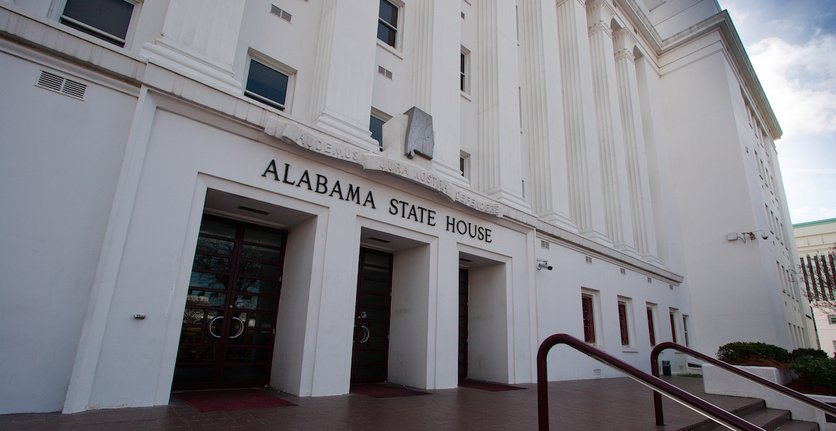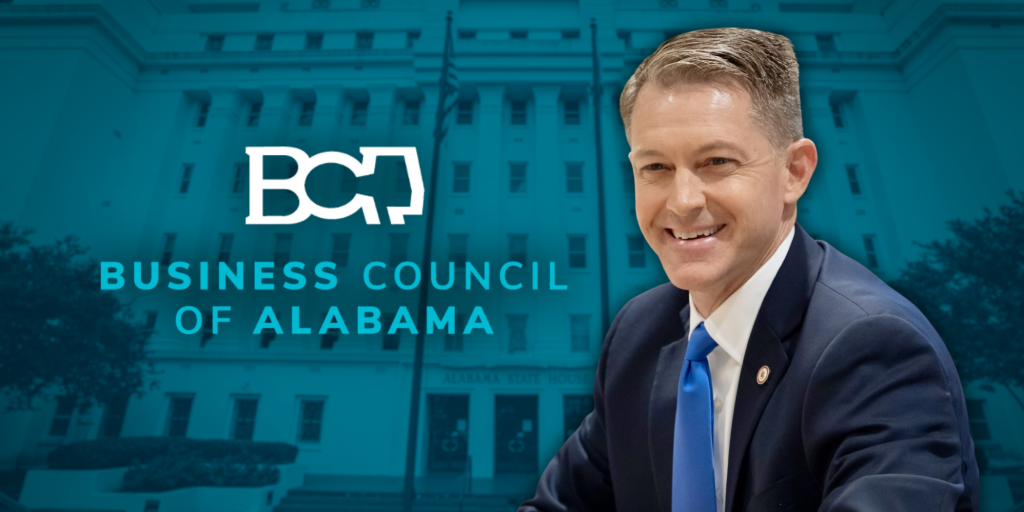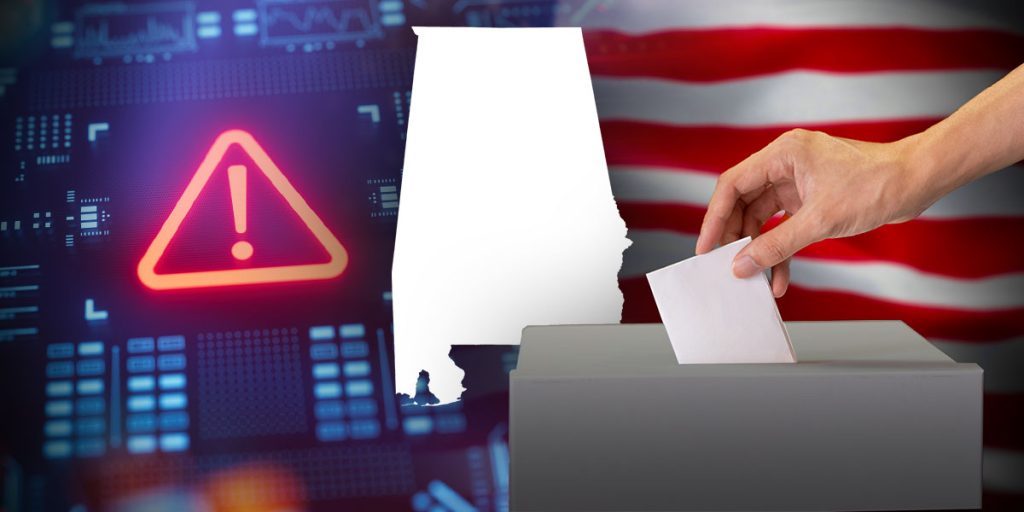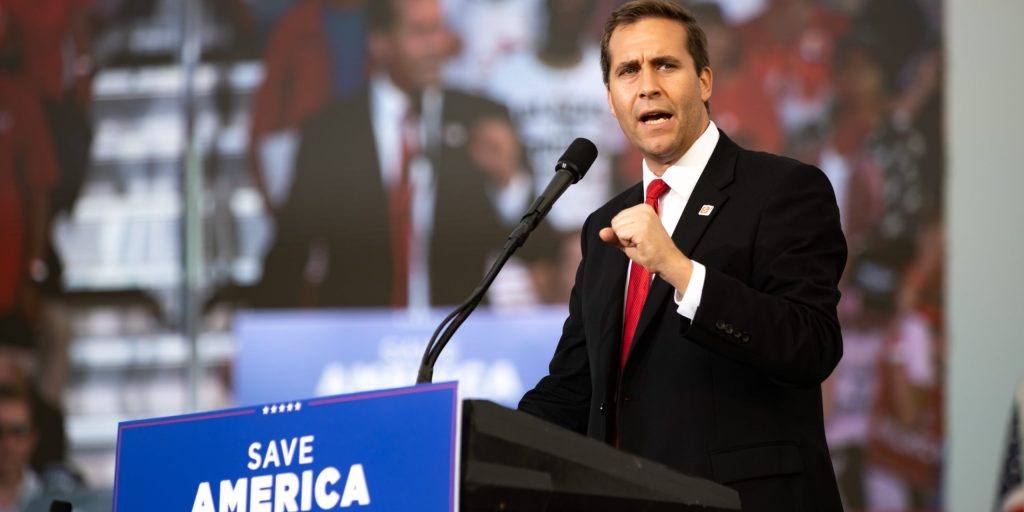The Alabama Legislature last week concluded its 2022 regular session. This year’s session saw a number of the majority party’s legislative priorities addressed, as well as the passage of many bipartisan measures.
The following is Yellowhammer News’ recap of the 2022 regular legislative session:
Record Budgets
Alabama still remains one of the nation’s only states that separate general government and education funding into two separate budgets. Both the general fund budget and the education trust fund budget saw record investments, totaling a combined $10.96 billion in spending for fiscal year 2023.
While the state experienced record revenue, legislative leadership attributes fiscally responsible budgeting practices for paving the way for way historic expenditures in the fiscal year 2023 budgets.
General Fund: In addition to paying off all funds borrowed to the Alabama Trust Fund, the $2.7 billion fiscal year 2023 general fund budget increased overall funding for mental health services and allocated dollars for two new crisis diversion centers. The budget also provided a cost-of-living adjustment for state employees and sends money back to taxpayers.
Branch funding allocation of the FY2023 budget as follows:
- Executive: $2,297,963,806
- Judicial: $185,214,276
- Legislative: $43,926,548
- Other: $169,723,724
A full funding breakdown of the fiscal year 2023 general fund budget may be accessed here.
Education Trust Fund (ETF): The $8.26 billion ETF budget included record pay increases for experienced public school teachers, including a raise in minimum salaries for teachers with nine or more years of experience and an annual 1% raise for all educators. The budget also expanded existing dual enrollment programs through the Alabama Community College System and allowed for continuing development of a dual enrollment scholarship program for academic and career-technical education programs.
The ETF budget expanded career and technical education programs by providing new or updated equipment to help career tech programs ensure that current business and industry standards are met.
COVID-19 pandemic relief: In January, $772 million worth of federal American Rescue Plan Act (ARPA) funds were allocated in a special legislative session within the 2022 regular session. Among the items addressed in ARPA appropriations were health care, broadband, infrastructure, the unemployment insurance trust fund, telemedicine, rural hospitals, county reimbursements and volunteer fire departments/EMS.
Gov. Kay Ivey will call the legislature into special session later this year for lawmakers to appropriate the state’s second tranche of ARPA funds.
Tax Relief
The legislature passed a number of tax relief measures which affect workers, retirees, farmers, first responders among others.
Small Business Relief and Revitalization Act: The law ensures that loan forgiveness that farmers and ranchers received under ARPA is not treated as taxable income by the state. Additionally, the relief is not considered in determining deductibility of deductible expenses and is excluded in determining federal income tax deduction.
The law allows a one-month extension of the tax return due dates for Alabama financial institution excise taxpayers and corporate income tax taxpayers.
The legislation provides additional tax relief for small businesses by increasing the estimated threshold calculation from $2,500 to $5,000. It also allows sales tax licensees the option of a payment of certified funds in lieu of securing a surety bond and exempt up to $40,000 in businesses personal property from state ad valorem taxation.
Repeal of the minimum business privilege tax: Alabama’s minimum business privilege tax is levied on certain corporations, business trusts, limited liability entities and disregarded entities.
The law, spearheaded by State Sen. Tom Butler (R-Madison), cuts the $100 minimum business privilege tax to $50 beginning in tax year 2023. Once the law goes entirely into effect in 2024, small businesses will be completely exempt from the state’s minimum business privilege tax.
The exemption, which applies to more than 230,000 small businesses, is projected to save Alabama small businesses an estimated $23 million annually once fully implemented.
Military Package
The Alabama Military Stability Commission, a panel chaired by Lt. Gov. Will Ainsworth, put forth a legislative package to bolster the Yellowhammer State’s military-friendly environment.
The military-related bills passed by the legislature are as follows:
- Senate Bill 28 allows for the establishment of the Space National Guard branch of the Alabama National Guard if the federal government elects to authorize the entity by fiscal year 2025.
- Senate Bill 141 extends the deadline for numerous occupational licensure boards to enable spouses of those serving in the military to practice their trades while stationed in Alabama.
- Senate Bill 99 creates a compact enabling licensed psychologists and counselors who practice in participating states to also practice in Alabama.
- Senate Bill 116 paves the way for children of military families to enroll in Alabama public schools prior to relocating to the state.
- Senate Bill 119 expands scholarships provided under the Alabama G.I. and Dependents’ Educational Benefit Act to include private institutions of higher learning and adds the U.S. Space Command to qualifying branches.
- Senate Bill 167 establishes a compact allowing occupational therapists licensed to practice in participating states to also practice within Alabama.
Broadband
Senate Majority Leader Clay Scofield (R-Guntersville) ushered through a legislative package aimed at streamlining the expansion of broadband infrastructure across the state.
The bill package passed by the legislature is as follows:
- Senate Bill 123 increases the minimum service threshold for internet speed. The bill also authorizes the Alabama Digital Expansion Division head to enter into nondisclosure agreements with internet service providers to ensure the protection of provider-specific information unless the publication of such information is granted.
- Senate Bill 124 modifies the Alabama Department of Economic and Community Affairs (ADECA) Broadband Accessibility Grant program and its application process. The bill makes way for government entities to participate in the program.
- Senate Bill 125 is a constitutional amendment which would allow a state, county or municipality to grant federal funds or any other broadband infrastructure-related funds to a public or private entity for the sole purpose of expanding high-speed internet services.
Election Integrity
Securing the vote was still a major priority in the legislature this year. HB194, introduced by State Rep. Wes. Allen (R-Troy), prohibits private companies from funding election-related activities.
Allen’s bill passed the legislature on his final day as a member of the lower chamber. The South Alabama lawmaker is forgoing reelection to the legislature in favor of a run for Alabama Secretary of State.
This bill prohibits “a state or local official responsible for the conduct of an election, or his or her employee, from soliciting, accepting, or using donations of money, grants, property, or personal services from an individual or nongovernmental entity for the purpose of funding certain election-related expenses, including voter education, voter outreach, or voter registration programs.”
Allen’s bill was a response to Facebook CEO Mark Zuckerberg funding grants in the country through the nonprofit organization Center for Tech and Civic Life in 2020, which was used by some election offices to buy election-related equipment.
Second Amendment
The Republicans were able to pass some new protections for gun owners in the state, including one law that has been in the works for the past few years.
Permitless carry: Under the leadership of State Rep. Shane Stringer (R-Citronelle), the legislature was finally able to pass “Constitutional Carry,” which allows law-abiding Alabamians to carry a handgun without paying a tax or obtaining a license from the state.
The governor signed the law in March, making Alabama the 22nd constitutional carry state.
Federal gun control nullification: The legislature also passed the “Second Amendment Preservation Act,” introduced by Sen. Gerald Allen (R-Tuscaloosa), despite strong opposition by Democrats.
The law prevents any authority in the Yellowhammer state from enforcing a presidential executive order that “limits or restricts the ownership, use, or possession of firearms, ammunition, or firearm accessories by law-abiding residents of the state.”
Culture
On the final day of the legislative session, Republicans were able to pass some of the more controversial bills despite vocal opposition from Democrats.
Bathroom bill: House Bill 322, sponsored by State Rep. Scott Stadthagen (R-Hartselle), instructs public schools to require students to utilize the restroom that corresponds with their biological gender.
The bill was able to pass with an amendment offered by State Sen. Shay Shelnutt (R-Trussville) that included language very similar to the “Parental Rights in Education” bill recently passed in Florida, which opponents have dubbed as the “Don’t Say Gay” bill.
The amendment disallows the instruction of sexual orientation and gender identity to students grades K-5 in Alabama public schools.
Puberty-blocker ban for minors: The legislature also passed the “Alabama Vulnerable Child Protection Act,” which makes it a felony for a doctor to prescribe puberty blockers or hormones to aid in the gender transition, as well as transition surgeries for anyone under the age of 19.
The Southern Poverty Law Center (SPLC) has already announced it is representing a family with transgender teens in a lawsuit against the state over the new law.
Dylan Smith is a staff writer for Yellowhammer News. You can follow him on Twitter @DylanSmithAL
Yaffee is a contributing writer to Yellowhammer News and hosts “The Yaffee Program” Weekdays 9-11am on WVNN. You can follow him on Twitter @Yaffee













